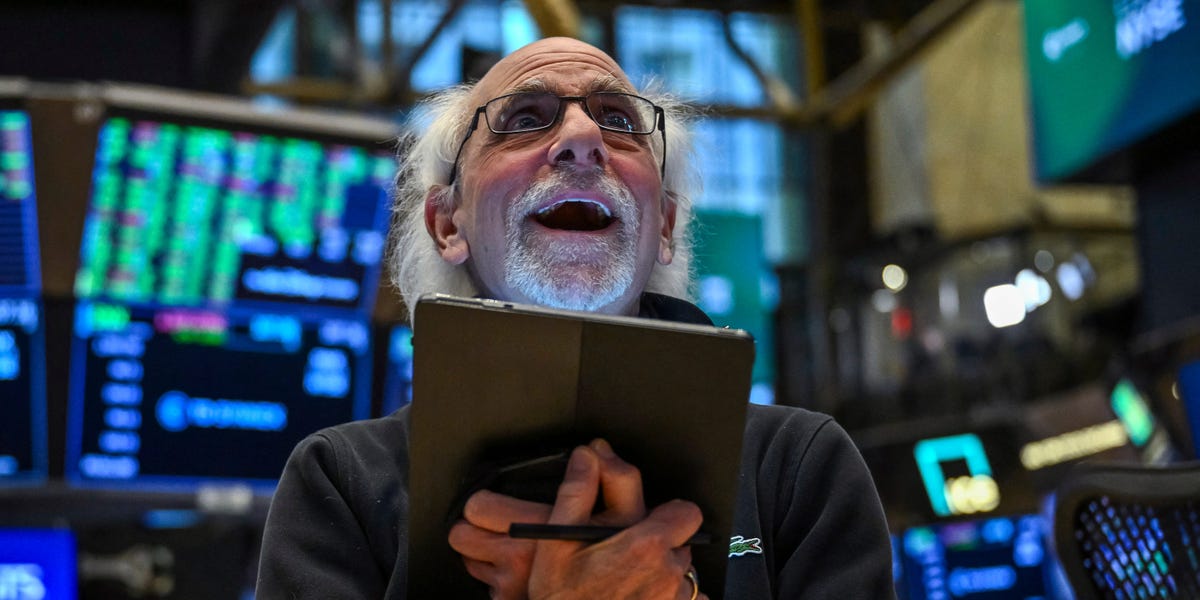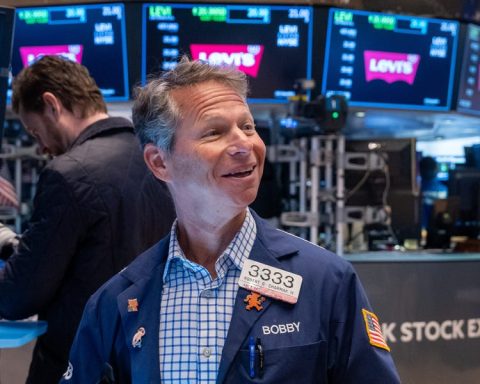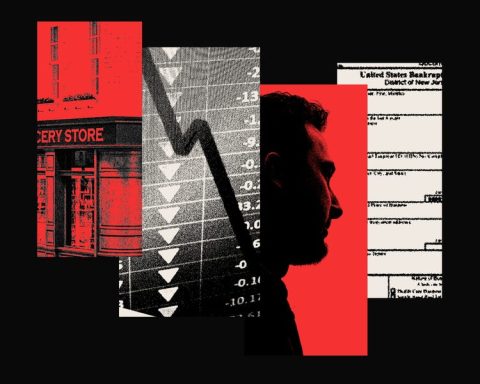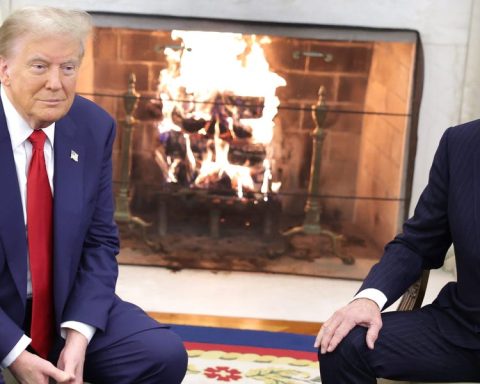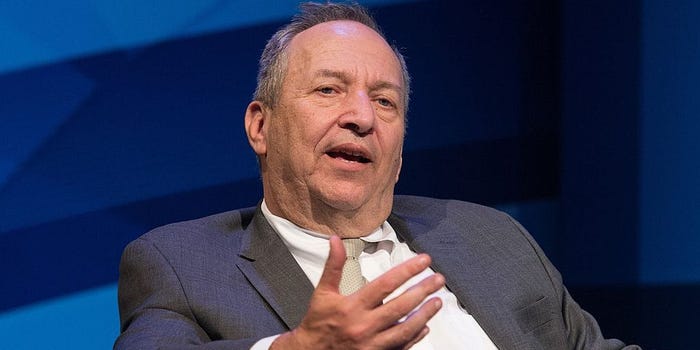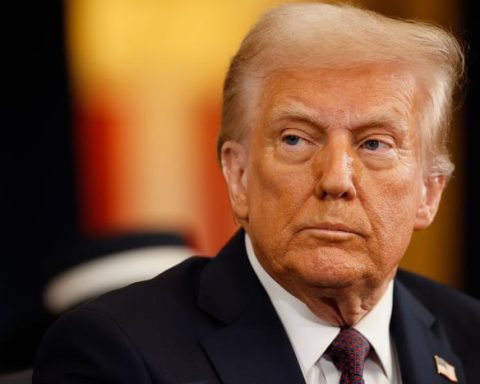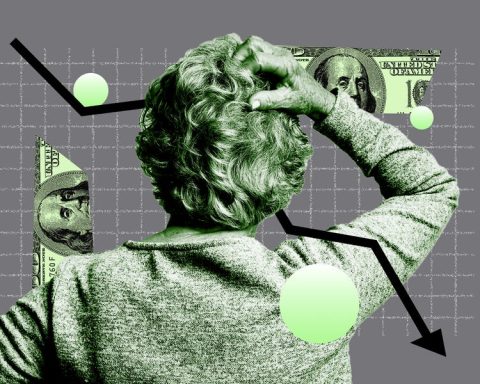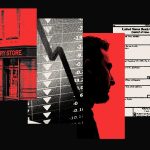Experts at UBS Global Wealth Management believe the US still has a viable path to sidestep a recession, though the route resembles a precarious tightrope rather than an expansive four-lane highway. The fluctuating trade policies of President Donald Trump have instigated fears of an impending economic downturn, leading to market jitters. Most economists contend that tariffs stifle growth and inflate prices. In a span of less than two weeks, investors have navigated a near-historic crash, witnessed one of the largest single-day surges, and faced renewed selling pressure.
The situation is further complicated by the ambiguity surrounding Trump’s trade objectives. It’s uncertain what will transpire in the coming days or weeks, let alone in the next quarter or year. This uncertainty hampers businesses in making pivotal choices, such as whether to invest in new factories or expand their workforce. Consumers, too, are uneasy about potential inflation spikes, despite an unexpectedly positive trend in price growth.
This climate has led top executives and economists to speculate that consumer spending may dwindle. Many optimists even concede that a slowdown seems unavoidable, raising the risk of a downturn. However, if the increasingly assertive pessimists are mistaken, US stocks could experience significant growth. While investors cannot predict market directions with certainty, a correct forecast could yield substantial returns. “This is when money is made,” stated David Lefkowitz, head of US equities at UBS Global Wealth Management. “I’m not implying it has to be a bullish forecast. Even if you believe we’re heading toward a bad situation, there is potential to profit from that perspective.”
De-escalation — or else
As 2025 approaches, Lefkowitz and his team initially anticipated a moderate 9% return for the S&P 500. They acknowledged tariff concerns but didn’t see them as excessively alarming. However, like many prominent investment firms, UBS has revised its outlook. The firm’s latest S&P 500 target has fallen to 5,800 from 6,400, indicating that stocks may recover losses but remain flat for the year.
This optimistic perspective hinges on a key assumption, according to Lefkowitz: that the Trump administration is cognizant of the detrimental effects of its tariffs and will act to mitigate them. “There’s no way around it: To align with our forecast, one has to believe in some form of de-escalation,” Lefkowitz emphasized. “If that doesn’t happen, our projections may be overly optimistic.”
De-escalation would necessitate Trump easing the exorbitantly high “reciprocal” tariffs he introduced on his so-called “Liberation Day,” which are largely unrelated to tariffs imposed by other nations on the US, with China being a notable exception due to its controversial trade practices. If Lefkowitz’s ideal scenario unfolds, the most challenging aspects of the trade war may have already passed. On April 10, after Trump’s announcement of a temporary pause on tariffs against most countries, Lefkowitz reflected that “we may have reached peak policy uncertainty.”
However, this outlook depends on Trump successfully negotiating trade agreements within 90 days and not altering his stance again. Lefkowitz recognized that these are valid concerns. “Everyone is understandably anxious,” he acknowledged. “There’s a considerable amount of fear in the air, and I completely get it.”
Despite the anxiety, the seasoned strategist is convinced that Trump values the stock market and is prepared to react to potential unrest in the bond market. “We believe the administration is signaling its awareness of this; they are not ignoring the situation,” Lefkowitz noted. “Their intentions do not appear to be to drive the US economy into a downturn. However, if they fail to adapt and begin de-escalating, we could very likely end up in dire straits.”
It’s important to stress that a faltering US economy would lead to a recession and significant earnings drops of approximately 20%, possibly ushering in a historically poor phase for US stocks. “We definitely need positive news on the trade front,” Lefkowitz stated. “Any further escalation would negatively impact risk assets.”
The narrow route around a recession
Even with optimal conditions, the S&P 500 would require an extraordinary performance to meet UBS’s revised year-end price target, despite the recent downward adjustment. There is scant margin for error in the firm’s predictions. UBS reduced its corporate earnings forecast from a growth rate of 6% to flat profits, which, in the context of such volatility, might still be considered a success.
If S&P 500 earnings stabilize at $250, calculations reveal that the index would need to achieve a historically high 23x earnings multiple to reach the firm’s target of 5,800. On a forward-earnings basis, the multiple would stand at 21x, noted Lefkowitz. For context, the market traded at 22x forward earnings prior to the recent sell-off and is currently around 18x.
This could seem ambitious, especially under the conditions Lefkowitz suggests may exist — a so-called “mini-stagflation environment.” However, he pointed out that the market is often forward-looking and could overlook current economic weaknesses if indicators suggest that trade disputes are resolving and earnings projections are on the rise again. “If the market gains confidence that growth is improving and inflation is decreasing — that would be positive for equities,” Lefkowitz remarked.
In the interim, UBS advises investors to focus on growth-oriented sectors like technology and communication services, while also considering defensive sectors such as healthcare and utilities. “A balanced approach between these sectors makes sense,” Lefkowitz concluded. “Because a slowdown is on the horizon.”
